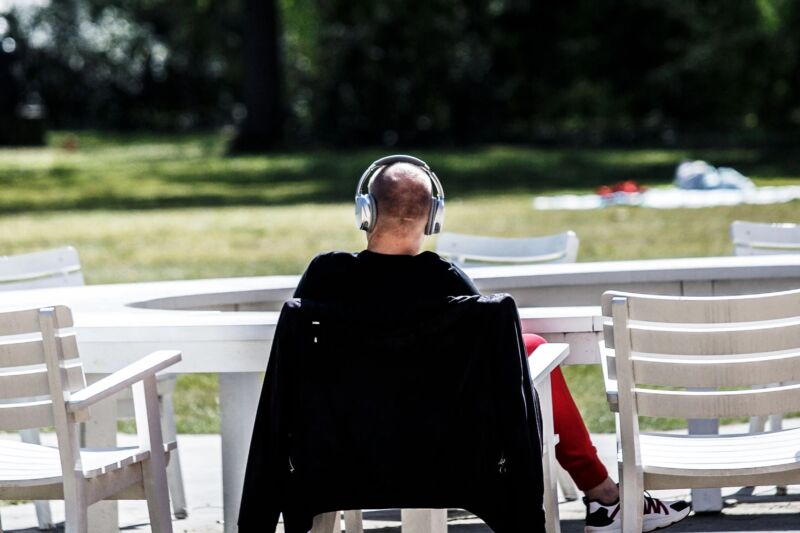
Enlarge / Clubhouse has a long way to go to assure its users that its privacy and security policies are fully baked. (credit: Carsten Koall | Getty Images)
In recent months, the audio-based social media app Clubhouse has emerged as Silicon Valley's latest disruptive darling. The format feels familiar: part Twitter, part Facebook Live, part talking on the phone. But as Clubhouse continues to expand, its security and privacy failings have come under increased scrutiny—and left the company scrambling to correct problems and manage expectations.
Clubhouse, still in beta and available only on iOS, offers its users “rooms” that are essentially group audio chats. They can also be set as public addresses or panel discussions where some users are “speakers” and the rest are audience members. The platform reportedly has over 10 million users and is valued at $1 billion. Since last year it has been an invite-only haven for Silicon Valley elite and celebrities, including an Elon Musk appearance earlier this month. But the company has struggled both with concrete security issues and more ephemeral questions around how much privacy its users should expect.
“With smaller, newer social media platforms we should be on our guard about our data, especially when they go through huge growth it tests a lot of the controls,” says security researcher Robert Potter. “Things you might have gotten away with with only 100,000 people on the platform—you increase those numbers tenfold and the level of exposure goes up, the threat goes up, the number of people probing your platform goes up.”
No comments:
Post a Comment